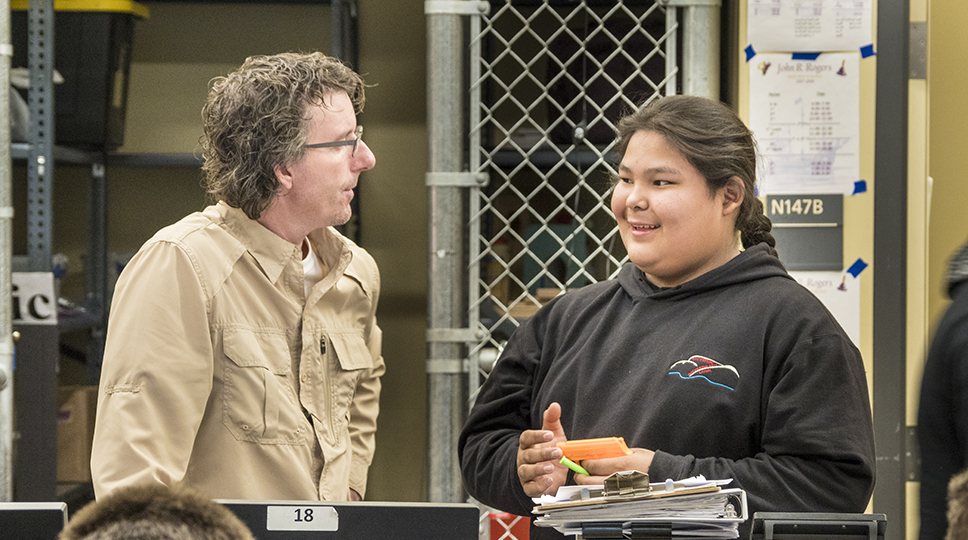
“We have over 8,000 teachers in our region, and yet a student can go through the whole school system and never see someone that looks like them,” says Dr. Rachel Eifler, Educational Service District (ESD) 101 Equity and School Improvement Coordinator. “We need to build more awareness about the urgency of this problem.”
“We don’t have solutions,” says Lindsey Stevens, executive director of the Center for Strengthening the Teaching Profession (CSTP), “but we like to get the right people in the room and get out of the way.”
When Stevens heard about the LEADER initiative, she thought of ESD 101, which serves 59 districts in Spokane and the surrounding area. “I knew they had a foundation in culturally responsive education work and improvement science,” she says. “Since CSTP does facilitation, I reached out to see if they wanted to partner.”
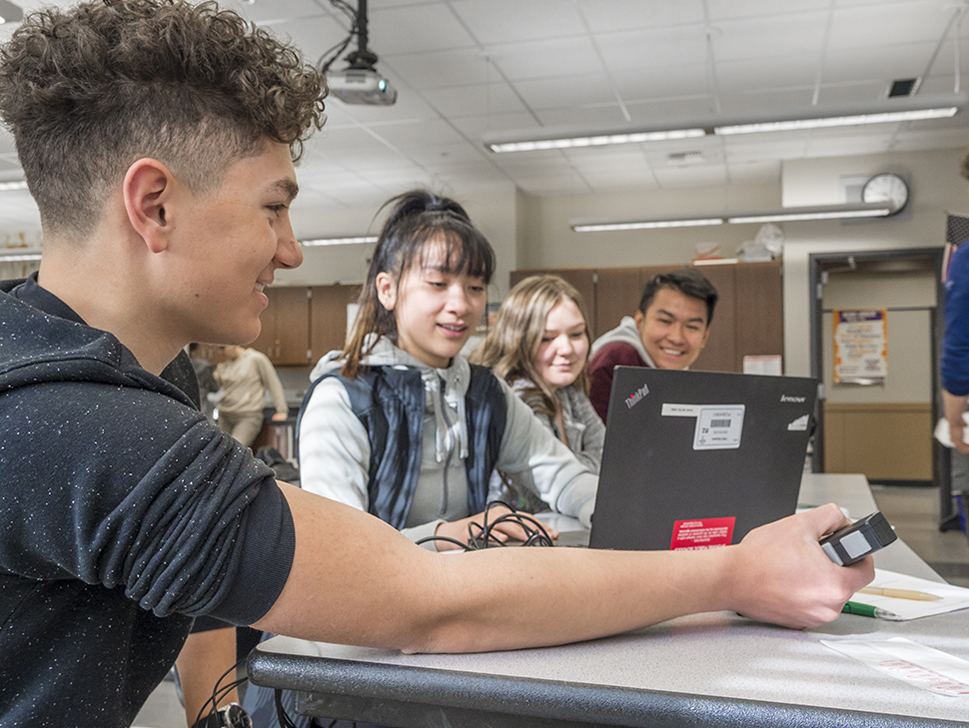
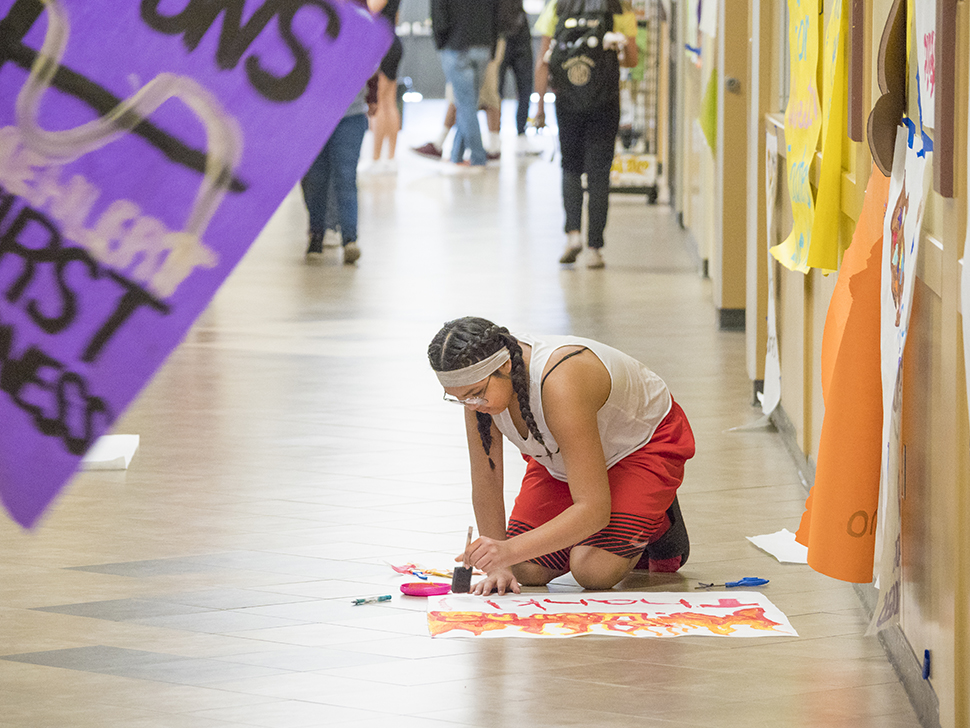
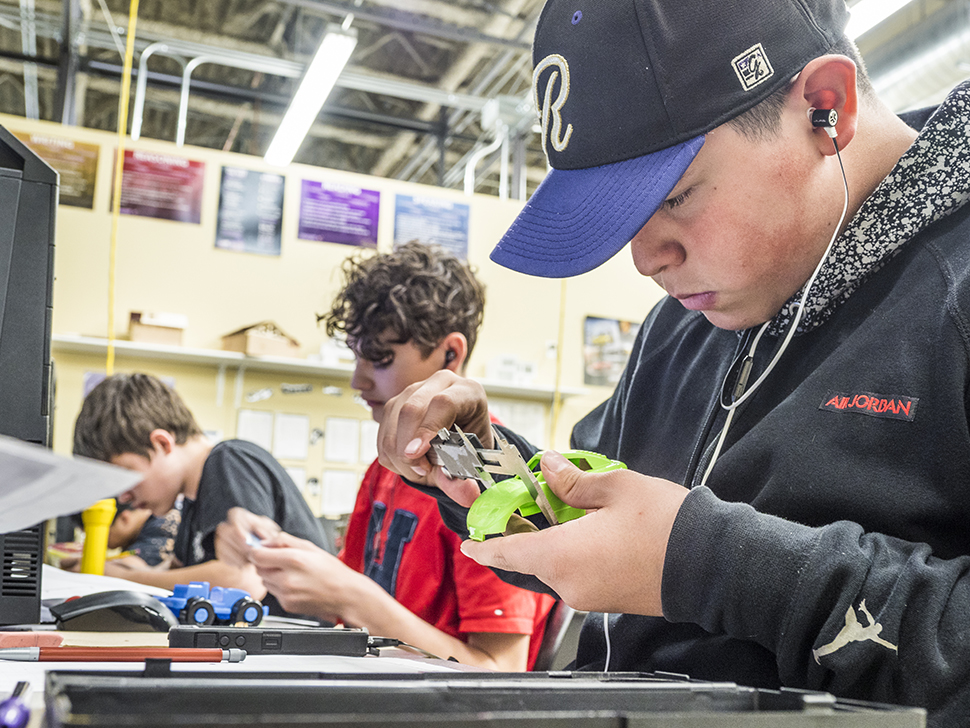
“We have a lot of learning to do,” says Eifler. “We need to slow down and look at our region to figure out sustainable action.”
The learning has already started in community with tribal partners. “We’ve built some strong partnerships, but there’s a lot missing,” says Eifler.
Eifler wants to build on previous efforts. She’s been involved with Braided Education Consulting doing community co-design and relationship-building between the district and tribes. She also has connections with the Colville Tribes from previous ESD and Office of Superintendent of Public Instruction (OSPI) work. “We’ve had opportunities to work together and listen,” she says. “They’ve conducted listening sessions out in the community. Those relationships have been built over time, and we need to do that with other partners.”
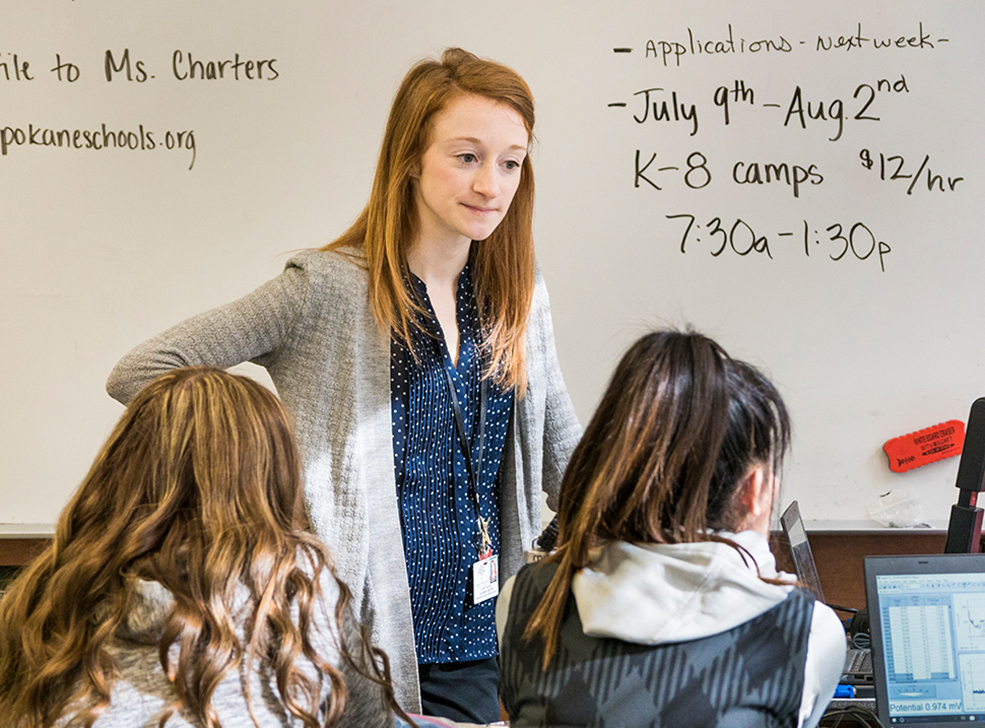
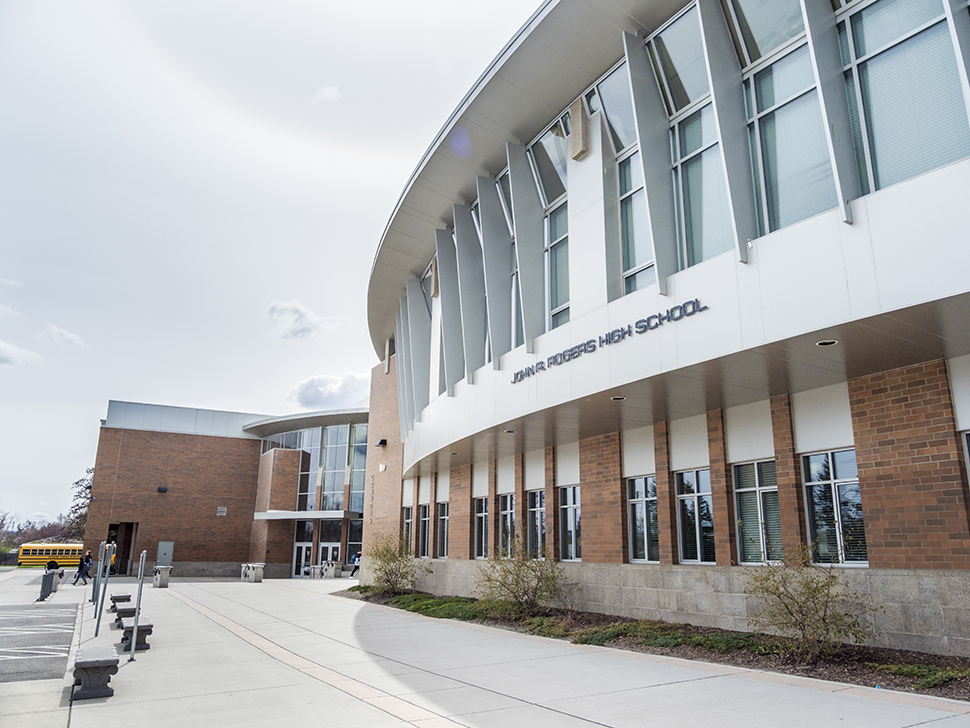
Part of the puzzle is ensuring that anyone they partner with can do the work. The LEADER Initiative money helps to increase capacity. “Some of the money is coming to us as conveners,” says Eifler. “Then we also have stipends for those we’re asking to become more involved.”
As they build more connections, they want to find out where people are already supporting one another versus reinventing things themselves. “Through listening and facilitation, we will be planning to have existing partners reach the next level of extended partners,” says Stevens.
Student and family voices are also a part of the plan, and hearing their perspectives leads to better engaging and supporting students in programs that prepare teachers. “One of the issues we talk about all the time is that diversifying teachers and leadership is a cycle,” says Eifler. “We don’t have candidates to hire. We don’t have students coming into the prep programs, and we don’t have high school students seeing someone who looks like them. We want that cycle to end and to have supports in place to facilitate that.”
Eifler and Stevens are both excited about the region’s existing tools that can be leveraged once problems of practice are identified. Their region also has lots of room to grow related to supports for educators. “I see this region as being on the cusp of getting the ball rolling for change,” says Stevens.
“This is exciting as a planning grant,” says Eifler. “Relationships and trust are key to get to a place where we can take action.”
Find out how you can Get Involved, explore our virtual Events, or sign up below for news updates about the LEADER initiative.
Get the latest — subscribe to our electronic newsletter.
By signing up you agree to receive occasional communications from College Spark Washington. You can unsubscribe at any time. We respect your right to privacy. Please review our Privacy Policy
